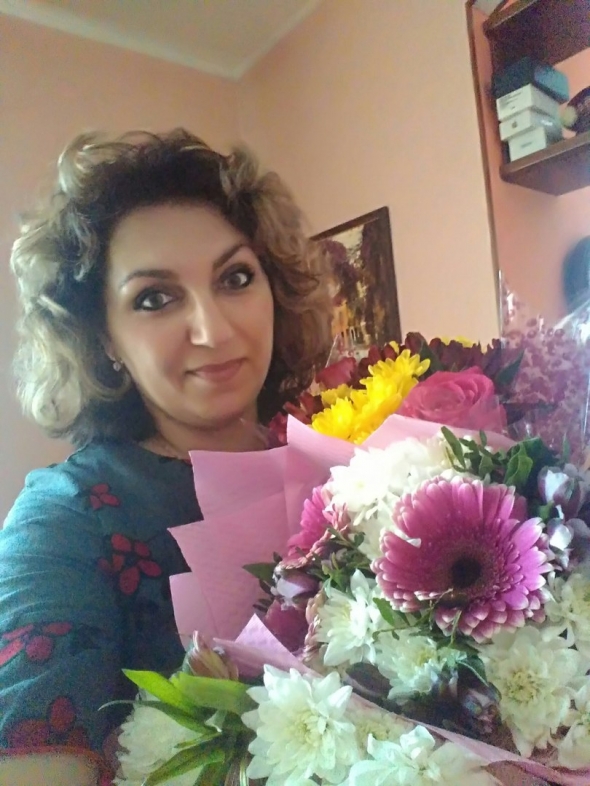Просмотр содержимого документа
«Презентация к учебнику Spotlight 10 класс»

Future tenses
Learn: How to use future tenses. Comparative and superlative forms of adjectives

Other ways to express Future
Future Simple
Future tenses
- Form
- Use (examples)
- Time words/expressions
Future Perfect
Future Continuous

Make up your own sentences
- Future Simple: will+V
- Future continuous: will be + V ing
- Future Perfect: will have + V 3/ing
- Be going to/ Present simple/ Present continuous

Choose the correct form. Give reasons.
- 1 A: The phone's ringing!
- B: It's OK. I 'll / 'm going to answer it.
- 2 A: What are you doing this afternoon, Kate?
- B: I' m meeting / 'm going to meet some friends in town.
- 3 A: Look at this mess!
- B: Don't worry, I 'm going to / ‘ll clean it up.
- 4 A: Look at the little boy by the pool.
- B: Oh dear! He 'll / 's going to fall in!
- 5 A: There's no milk left.
- B: That's OK. I 'll / 'm going to go and buy some.
- 6 A: Have you got tickets for the music festival?
- B: Yes, it 'll / 's going to be fantastic!
- 7 A: John has grown up so fast.
- B: Yes. This time next year he 'll be starting /'s going to start high school.
- 8 A: How long are you staying in London?
- В: I am going to be / will have been in London for 2 months by the time I leave.

Answer the questions, as in the examples.
- 1 What are your holiday plans for this summer?
- - I'm going to spend August at a summer camp.
- 2 What are you doing this weekend?
- - I'm going to see my grandparents.
- 3 What will you have done by the end of this year?
- - I'll have tak en all my exams.
- 4 What will you be doing this time next Saturday?
- - I will be relax ing on the beach.
- NOTE: We don't use the future simple after while, before, until, as soon as, after, if, when. We use the present simple. If you are late, we'll leave you behind. (NOT: If you will be ...) BUT I'm not sure if/when I'll come.




Find the comparative and superlative forms in the article. How do we: form the comparative and the superlative of short/long adjectives? Which forms are irregular?
Hairdressers happiest at work According to a recent study, when it comes to happiness at work, chefs are happier than beauticians and plumbers, but hairdressers are the happiest of all! In contrast, architects and estate agents are unhappier than secretaries, but social workers are the unhappiest of all. Mary Brown, 37, used to be a social worker, but now she's a hairdresser. "It's so much better - more relaxing, less tiring and far safer too!" she told us. "Hairdressers get worse pay, but a social worker's job is much harder. It's no wonder social work is one of the least popular professions!"

Find the comparative and superlative forms in the article. How do we: form the comparative and the superlative of short/long adjectives? Which forms are irregular?
Hairdressers happiest at work According to a recent study, when it comes to happiness at work, chefs are happier than beauticians and plumbers, but hairdressers are the happiest of all! In contrast, architects and estate agents (агенты по недвижимости) are unhappier than secretaries, but social workers are the unhappiest of all. Mary Brown, 37, used to be a social worker, but now she's a hairdresser. "It's so much better - more relaxing , less tiring and far safer too!" she told us. "Hairdressers get worse pay, but a social worker's job is much harder . It's no wonder social work is one of the least popular professions!"

Complete the sentences using an appropriate form of the adjectives in bold.
1 Being a teacher is ........ (rewarding) than being a shop assistant. 2 Doctors are usually....... (busy) than security guards. 3 Working in an office is ........ (safe) than working on a building site. 4 A chef normally gets paid........ (good) than a waiter. 5 Working as a waiter was........(tiring) job I've ever had!
more rewarding
busier
safer
better
the most tiring

Reflection
- I can speak …
- I can tell …
- I can use …
- I know …





























